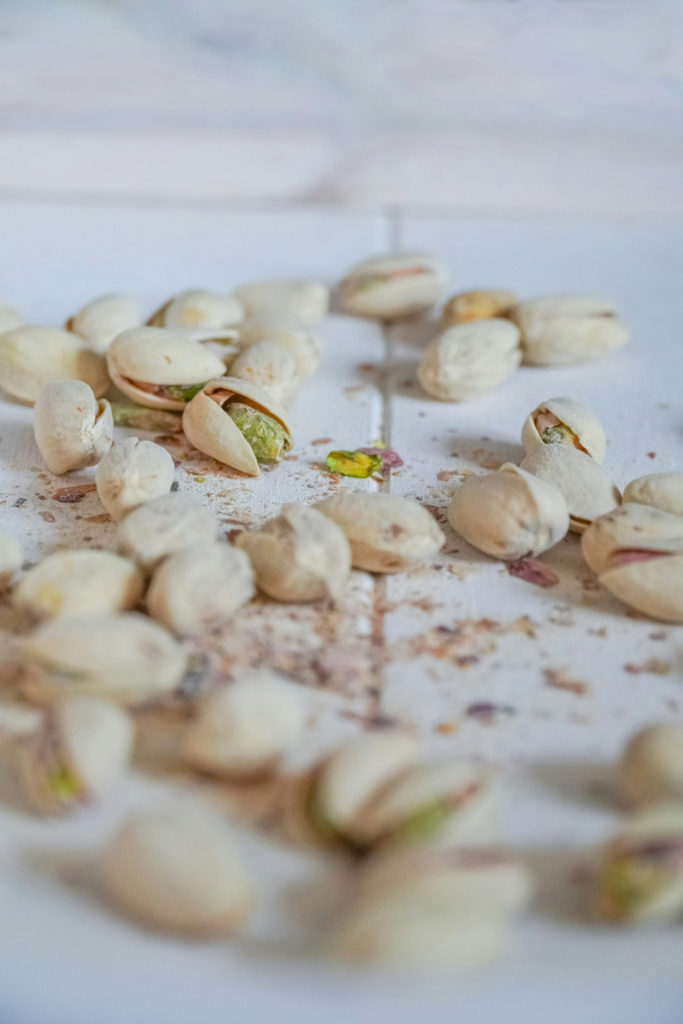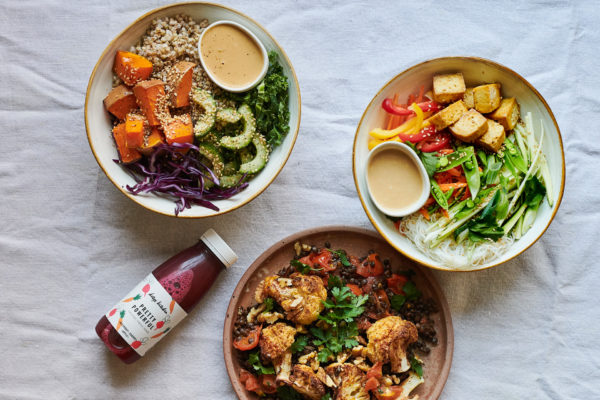Gut Health 101: Everything You Need to Know
By
2 years ago
Your questions, answered
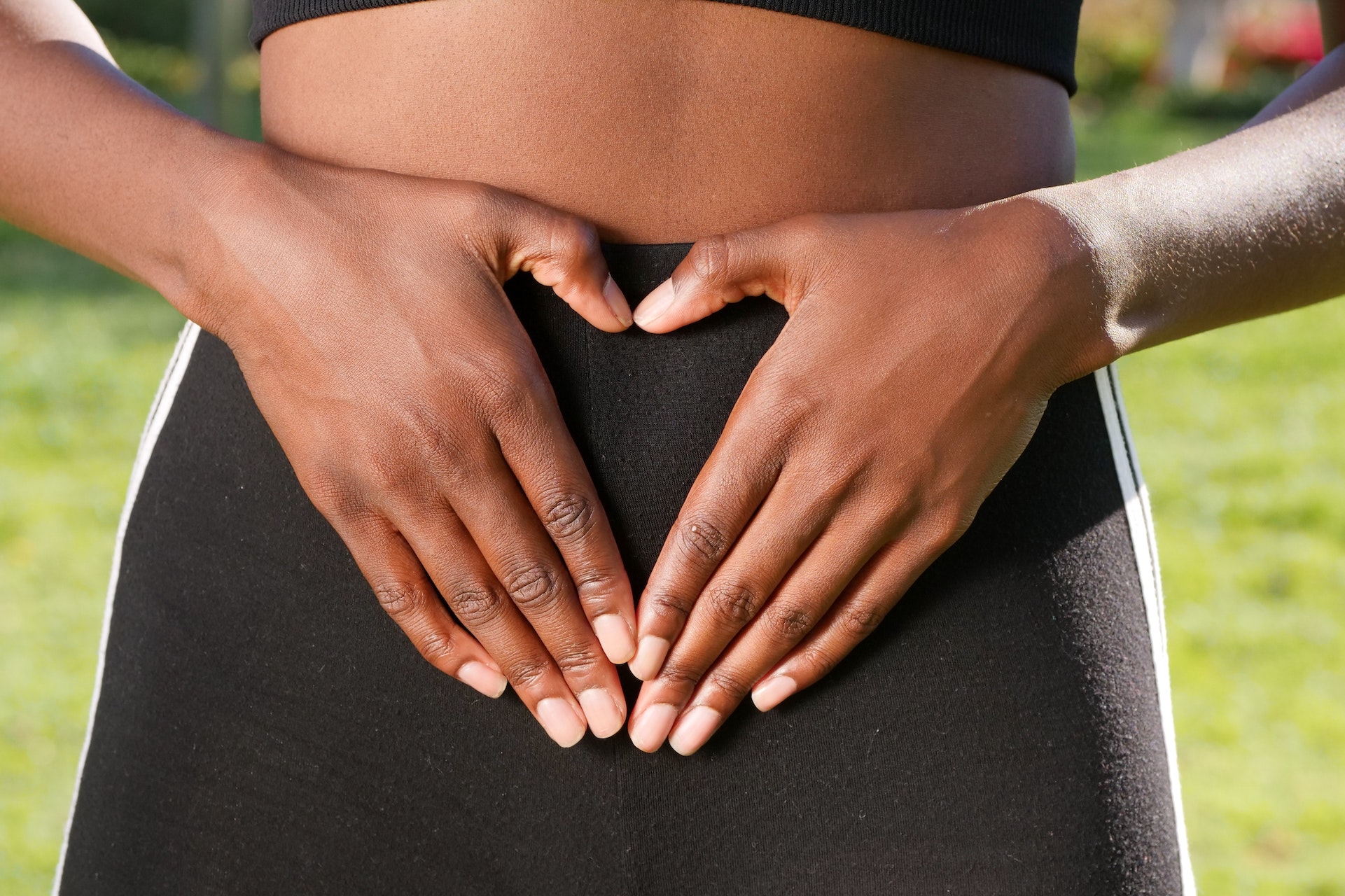
We’re starting to understand just how important our gut health is for our wider mental and physical wellbeing. Here, Camilla Hewitt asks the experts for the gut health answers you need to know, on everything from stress to the menopause.
Gut Health 101: Everything You Need To Know
How Does Menopause Affect Gut Health?
‘We have estrogen receptors on every cell in our body, including our gut lining, so it’s not surprising lowering levels during menopause and the time leading up to this can cause changes in our microbiome,’ says Liz Earle OBE. ‘In fact, researchers have recently identified the “estrobolome”, which regulates our estrogen metabolism. Topping up lowering estrogen with HRT obviously helps, as can supporting our good gut bacteria with insoluble fibre from vegetables (such as brassicas, asparagus, artichokes and other harder to digest plants), as these fibres actively feed our good gut bugs. Adding a few fermented foods is also a good daily habit to get into.’ lizearlewellbeing.com
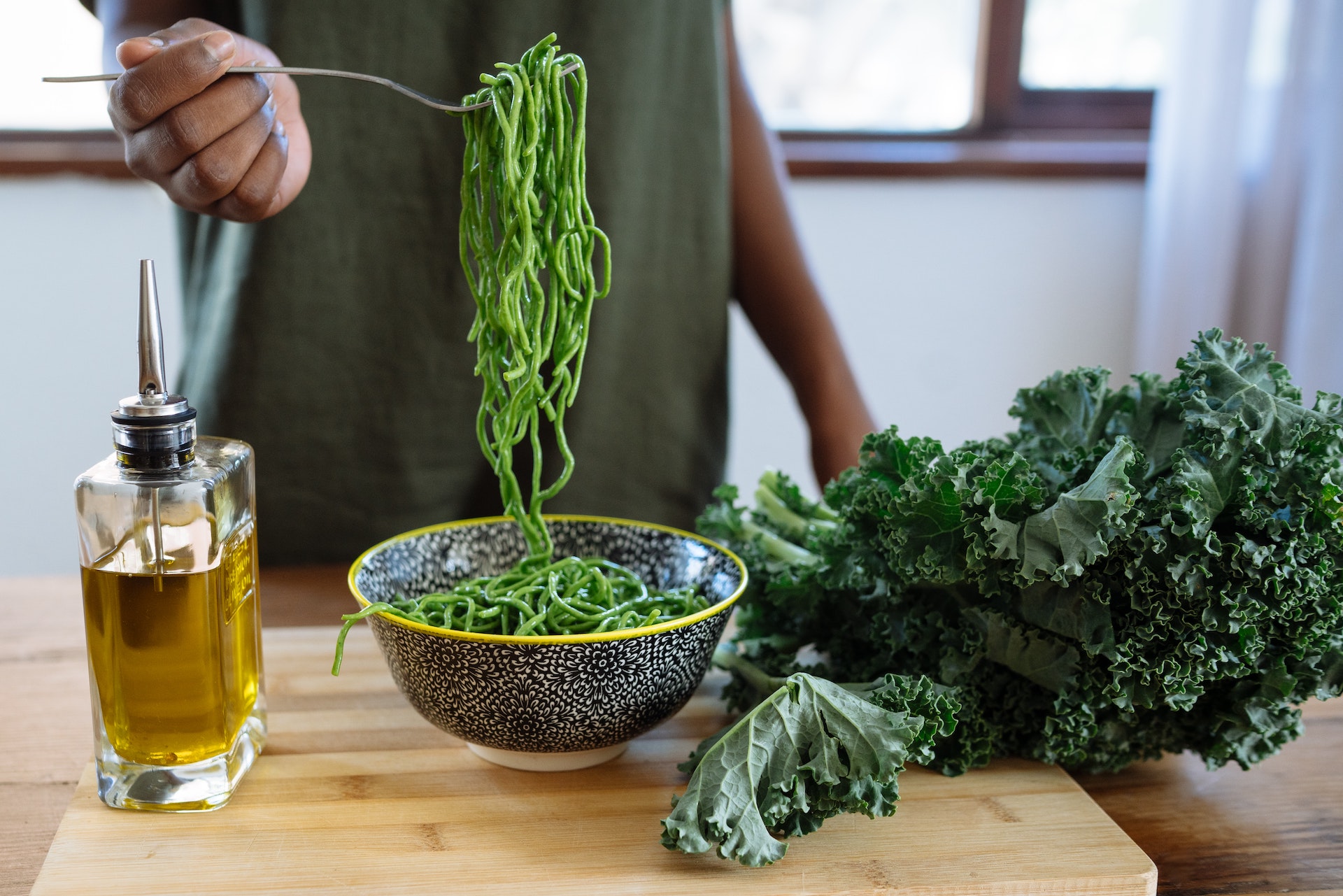
How Can Nutrition Alleviate Menstruation Symptoms?
‘Menstruation is an inflammatory process,’ says Dr. Hazel Wallace, founder of The Food Medic. ‘Very generally speaking, inflammation is the body’s immune system’s response to an irritant or something it considers harmful. This is a normal process and central to healing but it can cause uncomfortable symptoms (hello period cramps!). You might also experience looser stools during this time due to inflammatory mediators (called prostaglandins) and decreasing progesterone levels. During your period, you should:
- Base your diet around anti-inflammatory foods such as; berries, oily fish, leafy greens, avocado, olive oil, nuts and seeds.
- Include iron-rich foods to help support losses during this time such as; red meat, eggs, dark green leafy vegetables (like spinach and chard), beans and lentils, dried fruit (e.g. apricots and figs), tofu, spirulina, nuts and seeds.
- Pair with vitamin C rich foods to support immunity and iron absorption e.g citrus fruits, peppers, leafy greens and tomatoes.’
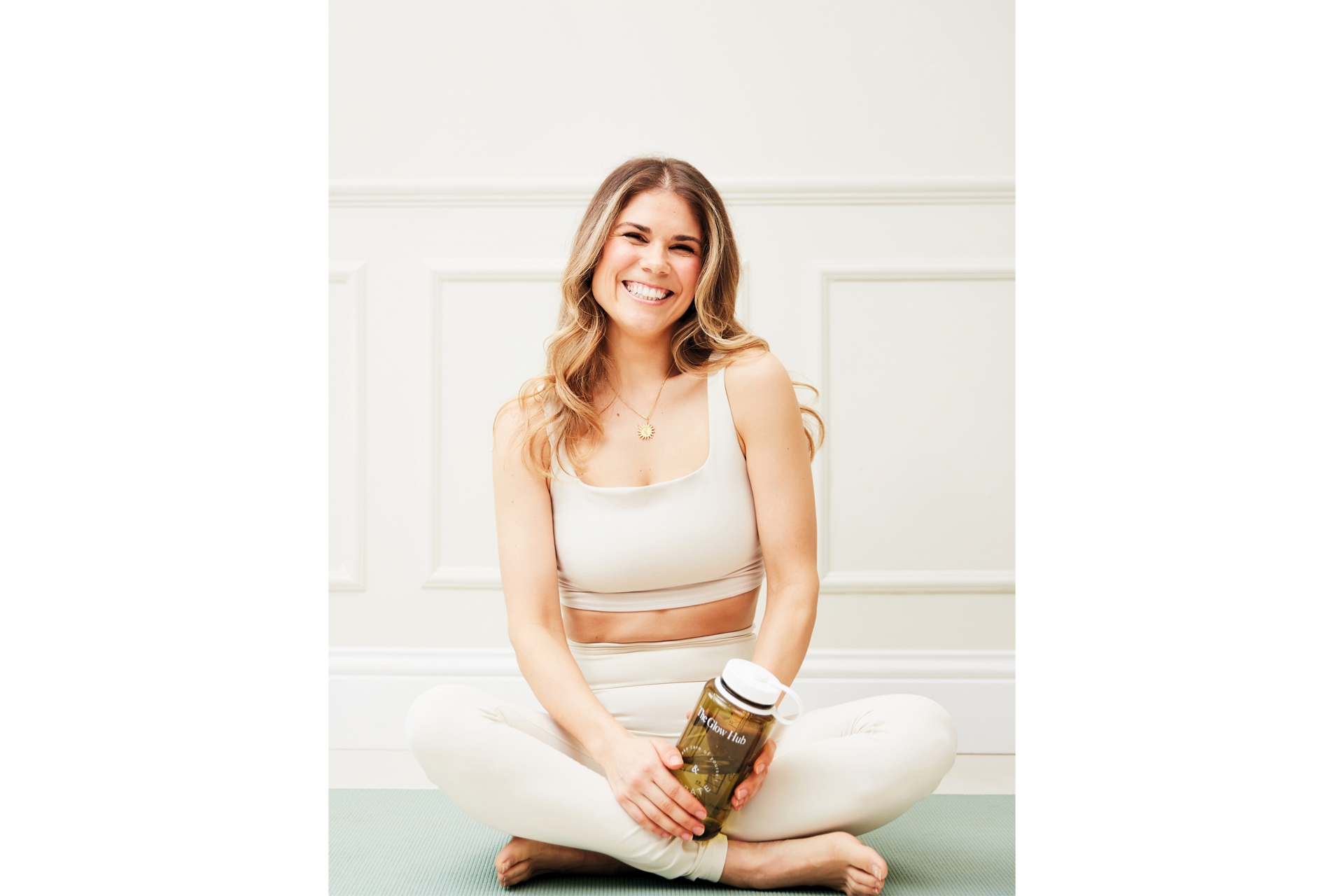
How Can Stress Affect Gut Health?
‘The brain and gut are connected by the gut-brain axis, which is why, when you feel nervous, you get butterflies in your stomach,’ says Madeleine Shaw, founder of The Glow Space. ‘When we are stressed, chemicals flow from our brain to our gut and are picked up by receptors that can trigger changes in our gut function. This might look like increased pain, changes in frequency of stool or changes to the gut bacteria. It’s not just about what we eat, but also how we manage our stress, which impacts our gut health. Meditation can be used to calm the nervous system, reducing these triggers in the gut. Putting aside five minutes to mediate will help bring you into the present, which is important as we often worry about the future and regret the past, leaving us in a state of stress.’ madeleineshaw.com
Is Fasting Overnight Good For Gut Health?
‘How long to fast overnight is personal, but I’d recommend at least 12 hours,’ says Professor Tim Spector, co-founder of ZOE, author of Food for Life and Spoon-Fed. ‘We need to give our gut bugs a good rest so they have the time to repair the gut lining, clear out the bad stuff and release helpful chemicals that will keep us healthier and happier.’
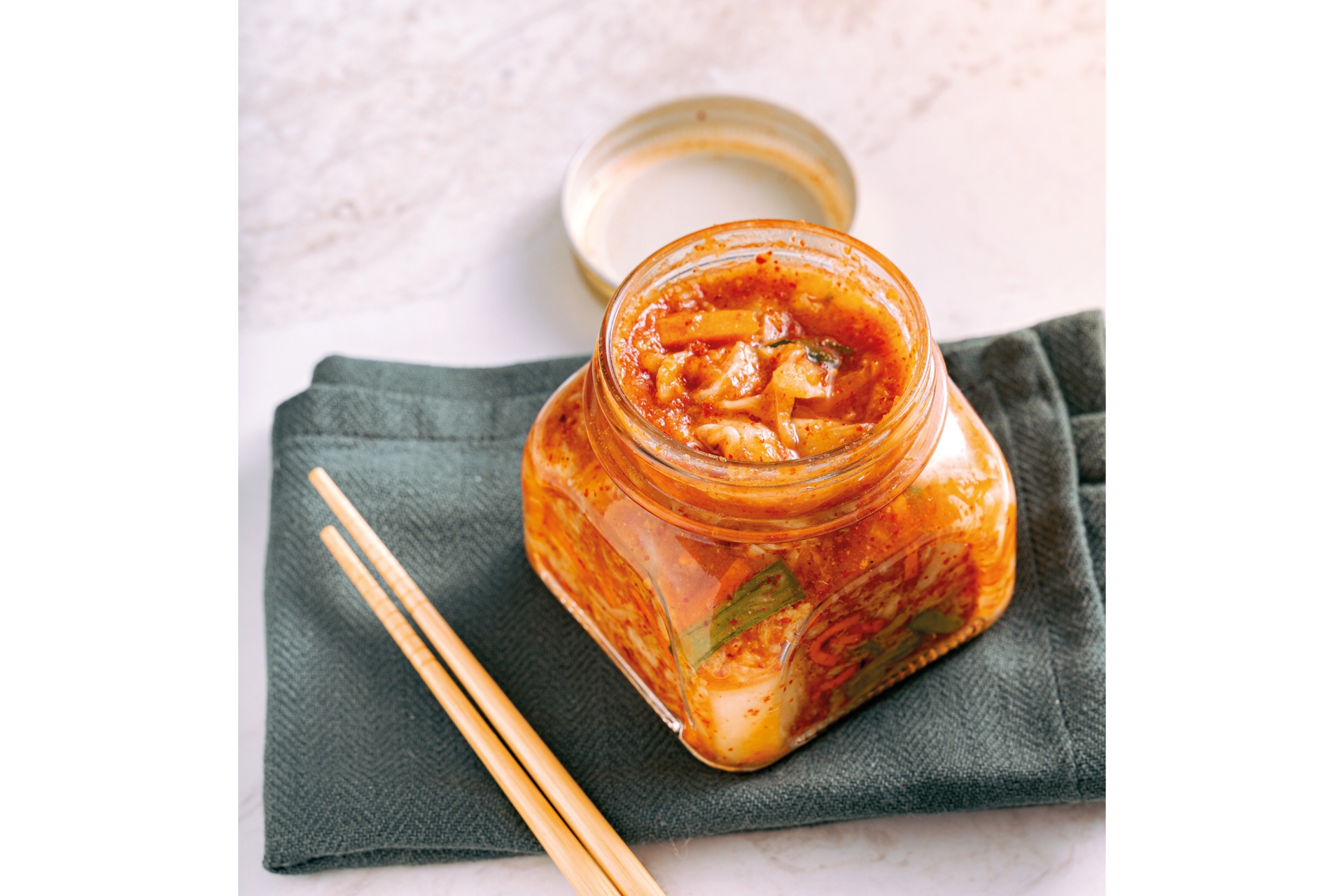
How Can We Incorporate More Fermented Foods Into Our Diets?
‘Fermented foods can be unfamiliar to people nowadays and that’s mostly due to the ultra-processing of foods,’ says Eve Kalinik, author and nutritional therapist. ‘This means our palettes have been altered to be triggered by added sugar, salt and other chemicals, rather than the concentrated, natural umami flavour we find in fermented foods. So really it’s about retraining our palette and taste buds. Start with some of the less intimidating ones such as natural full fat yogurt or a traditional cheese and then move onto other less familiar ones such as kimchi. It is also about the amount we eat – too often I hear of people having big portions, when actually for most ferments you should have a condiment-sized serving. Pairing fermented foods with already familiar flavours is a good way to start introducing them to your palette, like adding kimchi to a cheese sandwich or mixing sauerkraut through roasted carrots.’ evekalinik.com
GIVE YOURSELF A GUT BOOST KICKSTART
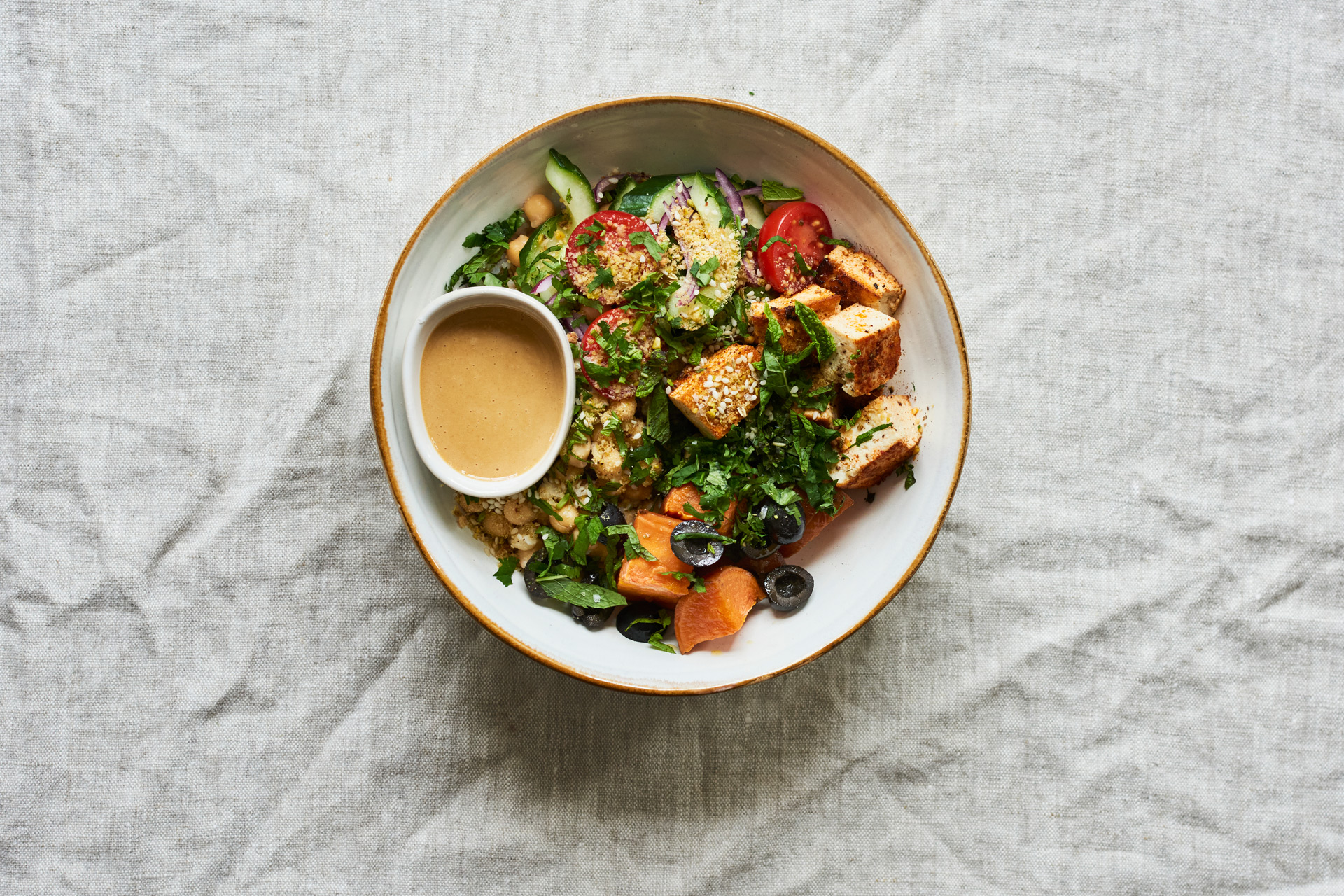
Detox Kitchen
Eve Kalinik has also worked with healthy food delivery service Detox Kitchen to create a 10-day Gut Reset, where meals are crafted to replenish and restore your microbiome. All dishes are full of nourishing and gut-friendly nutrients, so expect a wide variety of proteins, good fats, good carbs and plenty of vegetables – variety being key to a healthy gut. Breakfast might be apricot coconut yoghurt and ronal or banana bread with yoghurt; lunch ranges from bang bang cauliflower with rice noodles to tofu with XO sauce; and suppers from harissa spiced salmon to Eve’s miso stew with chicken (veggie options are also available. You also get plenty of goodies with your first delivery, including a bottle Symprove, a £50 Skinworks voucher, big jar of kimchi and a one’s pass to self hypnosis app Reveri. Sign up here.




